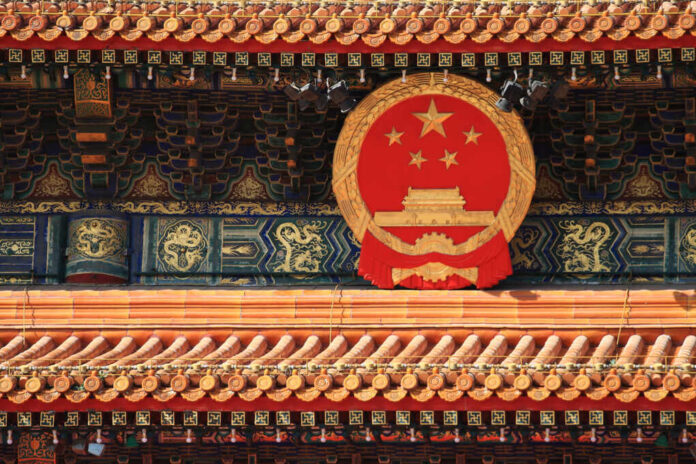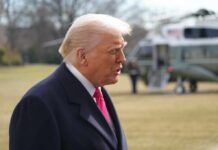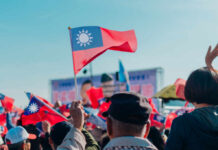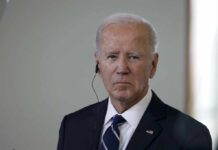
The United States has imposed visa restrictions on Chinese officials over Tibet access inequality, triggering retaliatory measures from Beijing in an escalating diplomatic standoff.
At a Glance
- US Secretary of State Marco Rubio implemented visa restrictions on Chinese officials under the Reciprocal Access to Tibet Act of 2018
- China responded on April 14 with reciprocal visa restrictions on US personnel involved in Tibet-related issues
- Western governments accuse China of restricting access to Tibet for diplomats, journalists, and international observers
- Human rights organizations like Free Tibet and the International Campaign for Tibet have supported the US action
- The restrictions are part of broader US-China tensions, including ongoing trade disputes
US Takes Action Against Chinese Restrictions
On March 31, US Secretary of State Marco Rubio announced visa restrictions targeting Chinese Communist Party officials responsible for limiting access to Tibet. The measure, implemented under the Reciprocal Access to Tibet Act of 2018, addresses China’s longstanding practice of denying access to US diplomats, journalists, and international observers while Chinese officials enjoy relatively unrestricted travel throughout the United States. This policy disparity has been a significant point of contention between the two nations for years.
The State Department has documented significant barriers faced by US diplomats attempting to visit Tibet, including denied travel requests and severely restricted movement. Western governments have consistently criticized China for requiring special approval for foreigners to visit Tibet, creating a system that effectively blocks outside observation of conditions in the region. This lack of transparency has raised concerns about human rights violations and cultural suppression.
China’s Defensive Response
Beijing’s reaction was swift and definitive. On April 14, the Chinese government announced it would impose its own visa restrictions on US personnel involved in Tibet-related issues. Chinese officials framed the US action as interference in domestic affairs and rejected accusations of limiting access to Tibet, claiming the region remains open to foreign visitors who follow proper procedures.
“The US’s arbitrary visa restrictions on Chinese officials under the pretext of Xizang-related issues violate international law and basic norms governing international relations.”, said Lin Jian.
China continues to describe its control over Tibet as a “peaceful liberation” and consistently opposes what it characterizes as foreign interference in Tibetan affairs. The Chinese foreign ministry argues that restrictions on foreign access are necessary to prevent outsiders from engaging in activities that could undermine stability. This explanation has done little to satisfy critics who point to the stark contrast between China’s restricted Tibet access policies and the relatively open access Chinese officials enjoy abroad.
Growing Support for Tibet’s Transparency
Human rights organizations have welcomed the US visa restrictions as a meaningful step toward accountability. Free Tibet and the International Campaign for Tibet have both expressed support for the measures, viewing them as important tools for challenging China’s access restrictions. Senator Todd Young has also backed Secretary Rubio’s decision, highlighting additional legislative efforts like the Promoting a Resolution to the Tibet–China Dispute Act, which explicitly rejects China’s territorial claims over Tibet.
The U.S. Commission on International Religious Freedom has described the Chinese Communist Party’s actions in Tibet as “cultural genocide” against Tibetan Buddhists. This characterization reflects growing international concern about religious persecution and cultural erasure in the region. Tibet’s government-in-exile, led by the Dalai Lama who fled Tibet in 1959 following a failed uprising against Chinese rule, has welcomed increased US support through legislation signed into law by President Biden.
Broader Implications for US-China Relations
The visa restrictions over Tibet access represent just one aspect of deteriorating US-China relations. These measures come amid other significant tensions, including trade disputes and tariffs imposed by both nations. The Tibet issue highlights fundamental differences in values regarding transparency, human rights, and freedom of movement. As both countries implement reciprocal visa restrictions, the diplomatic standoff illustrates the growing willingness of the United States to confront China on specific human rights and access issues rather than addressing concerns through private diplomacy alone.

























